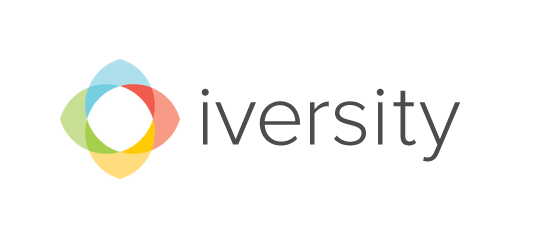

Who to you is a 'real German' (or anything else)?

Tell us: Who to you is a 'real German' (or Spaniard, Brit, Canadian, or anything else!)
In this chapter, you've been given a lot of food for thought on identity and belonging as it is understood on the personal and academic levels in Europe, Canada, and beyond. This is a topic that has likely hit home for many of you who may or may not be tied to particular borders, have questions or concerns about who belongs in your society, or may still be unsure about the whole thing. The 'Us' & 'Them' course community would love to hear from you:
Here are some guiding questions to draw from:
- What do you think the criteria should be for becoming a 'real' citizen or resident of your country?
- What makes you a 'real' anything? (German, American, Spaniard, Turk, etc.)?
- Do you see a cognitive vs. emotional dissonance in the way your society sees immigration, belonging, citizenship, etc.?
- How do you identify with the word 'multiculturalism'? Do you see yourself or your society as multicultural?
- Who is represented as nationals or residents of your country in public life?
- How do politicians and public figures in your society or country portray multiculturalism? As a good, bad, or normal thing? What about schools and museums?
- What type of language do you use to talk about the 'Other' or what kind of language do you prefer others use in reference to you? (e.g. migration background vs. migration history, 'Turkish-German' or 'German with Turkish roots', etc.)
Now what?
Click 'Start in Journal', and fill out the entry. How you do this is up to you: You can use just words, or add pictures or links to articles or videos to highlight your point!
Is this journal assignment required?
No! Nothing in our course is 'required', and there are no grades, but we encourage you to reflect on these topics and share if you feel comfortable, so that others in the course can benefit from your experiences.
Is There Such A Thing as a Real Anything?
Before going into this topic, I must give my own background to put what I am saying into context. I grew up in New York City of immigrant parents. I then moved to Oregon for 7 years. I then lived for a year in Antwerp and then for 17 years in The Netherlands as a medical student, a doctor, and a person working with asylum seekers. Since 1995, I have been working on war trauma in the Balkans with a small Dutch NGO.
I also must say that I don't like borders or countries. I find people individuals, and believe that it is best to look at people in that light. I don't like identifying people by their administrative nationality or their ethnicity. In response to my previous journal entry, someone sent a video of a Ted Talk about being a resident of a locality. I can identify with that. For example, I now have lived in and around Vukovar, Croatia for 22 years. I am not a Croat or Serb or other local ethnicity, and do not identify myself as such, but I know the region, I speak the language - at times better, at times worse - and I feel myself to be a part of the scenery to a certain degree. I have similar feelings about parts of The Netherlands and about the Pacific Northwest of the USA, and, to a lesser degree about New York City.
The societies in which I am living now use ethnicity and cultural background to accent differences rather than to find similarities. The wars of 1991-1995 were fought, and many people died, because the politicians brainwashed the people into believing strongly in those differences, even though, in this region, I almost never have met a person who does not have a relative of another ethnicity somewhere in his/her background . Unfortunately, the politicians, and those who listen to them, still are playing the same games. This also is happening in many parts of the world, very sadly in my view. They make such differences an important part of life, to the great disadvantage of many many people. All of this gives people like me work, as we have to try to assist people to overcome the traumatization, psychological and physical, that this causes.
I thus try to use inclusive language always. Thus, I do not speak of "syndromes" or "pathology" or "disabilities" but rather of "reactions" and "challenges".
I have become something of an enfant terrible in challenging people about language and how they look at people. I have seen the consequences that these issues have in hurting people badly. These consequences not only apply to the people who are directly affected. They are transmitted to their children and to others around them. However, that would be the start of another subject.

Did your parents attained citizenship as established by the law of the USA? "I don't like identifying people by their administrative nationality or their ethnicity"... WELL Said. What makes you to come to this realization?